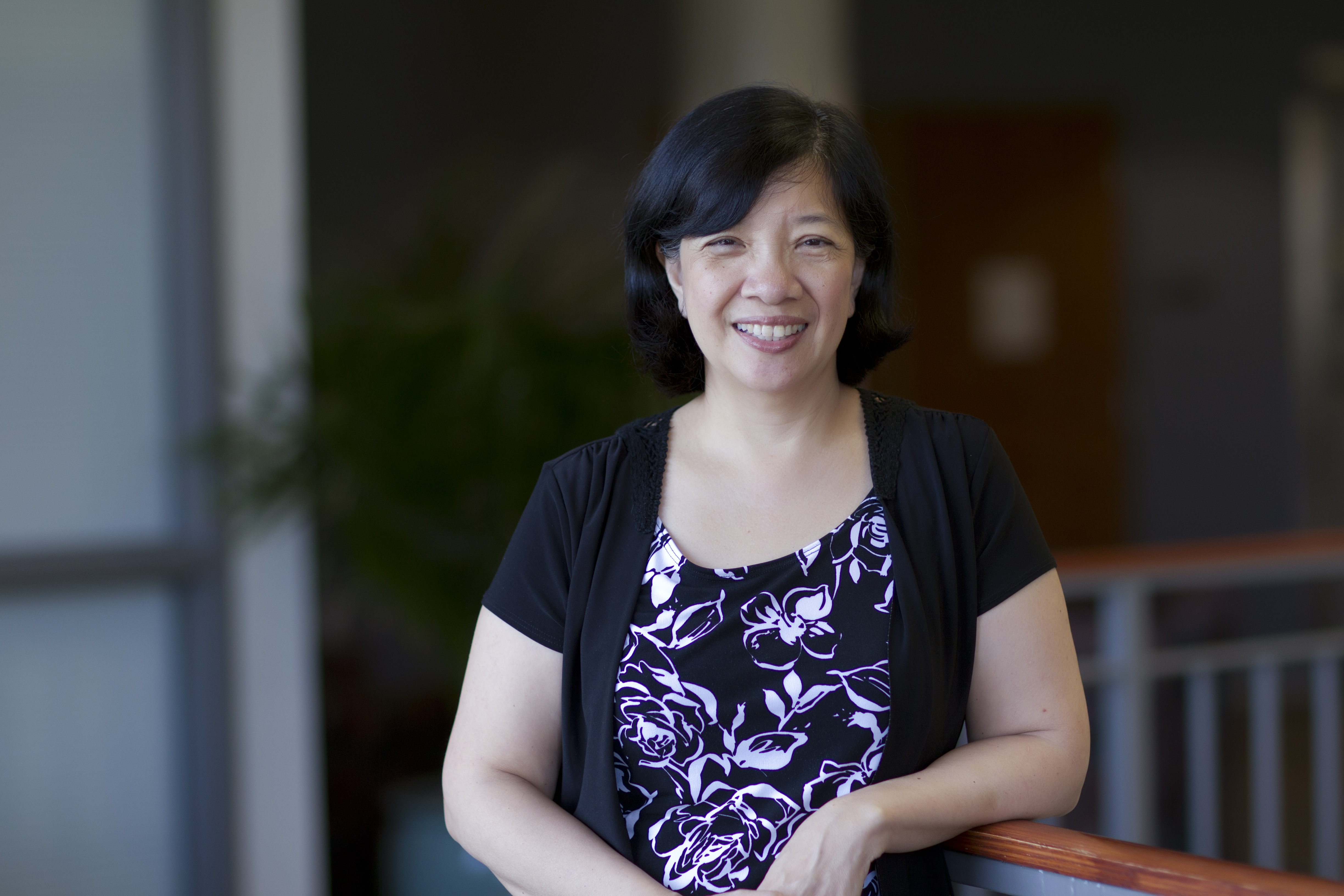In a study published in Nature Medicine, UNC Lineberger Comprehensive Cancer Center researchers report their findings of just how a certain tumor-suppressing protein helps prevent colon cancer. With this discovery, the researchers believe they’ve found a possible drug target for colon cancer patients who lack the tumor suppressor.

A UNC Lineberger Comprehensive Cancer Center discovery of just how a certain tumor suppressor molecule works to prevent tumor growth could lead to a new personalized treatment approach for colon cancer.
In a study published in the journal Nature Medicine, the researchers reported that the tumor-suppressing protein AIM2, or Absent in Melanoma 2, helps prevent colon cancer by restricting a signaling molecule called Akt. With this finding, the researchers believe they’ve found a possible drug target for colon cancer patients who lack the tumor suppressor AIM2.
“Several studies and clinical evidence suggest AIM2 functions as a tumor suppressor, but until now, we’ve had very little direct evidence to explains how this occurs,” said Justin E. Wilson, PhD, the study’s first author and a postdoctoral fellow at UNC Lineberger, the UNC School of Medicine Department of Microbiology and Immunology and the Department of Genetics. “We found that AIM2 inhibits tumorigenesis in multiple animal models of colorectal cancer by restricting the pro-survival signaling molecule, Akt, which is commonly hyperactive in many human cancers.”
The study builds on previous findings suggesting that AIM2 limits cancer cell growth in colon cancer cell lines, Wilson said, as well as on a recent clinical report of poor prognosis in colon cancer patients with low or missing AIM2 levels.
“Patients with colon cancer lacking in AIM2 have been found to have poor survival, but we have identified a possible personalized therapeutic strategy to help them,” said Jenny Ting, William R. Kenan Jr. Distinguished Professor in the UNC School of Medicine Department of Genetics and a UNC Lineberger Comprehensive Cancer Center member.
The researchers found in a study in colon cancer cells that AIM2 limits the activation of the signaling molecule Akt. And in mouse models lacking AIM2, the researchers found that they had smaller tumors and precancerous colon polyps when blocked Akt.
Wilson said the researchers believe their findings means that drugs used to inhibit Akt could be used as a personalized therapy for people who don’t have AIM2.
“Our research paves the way for future clinical trials that screen for AIM2 expression in colon cancer and possibly other cancers to identify patients who may potentially benefit from personalized anti-Akt therapy,” Wilson said.
The study was supported by the National Cancer Institute, the National Institute of Allergy and Infectious Disease, the National Institute of Diabetes and Digestive and Kidney Diseases, the American Cancer Society, and additional NIH grants.
The paper’s other co-authors include Alex S. Petrucelli, a postdoctoral research associate at UNC Lineberger, the UNC School of Medicine Department of Microbiology and Immunology and Department of Genetics; Liang Chen, a graduate student at UNC Lineberger, the UNC School of Medicine Department of Microbiology and Immunology and Department of Genetics; A. Alicia Koblansky, a postdoctoral research associate at UNC Lineberger, the UNC School of Medicine Department of Microbiology and Immunology and Department of Genetics; Agnieszka D. Truax, a postdoctoral trainee at UNC Lineberger, the UNC School of Medicine Department of Microbiology and Immunology and Department of Genetics; Yoshitaka Oyama, a postdoctoral fellow at UNC Lineberger, the UNC School of Medicine Department of Microbiology and Immunology and Department of Genetics; Arlin B. Rogers, of the Department of Biomedical Sciences at the Tufts University Cummings School of Veterinary Medicine.; W. June Brickey, a research assistant professor in the UNC School of Medicine Department of Microbiology and Immunology and Department of Genetics; Yuli Wang, a research associate in the UNC Department of Chemistry; Monika Schneider of The American Association of Immunologists; Marcus Mühlbauer, MD, PhD, of the University of Florida College of Medicine Department of Medicine Division of Gastroenterology; Wei-Chun Chou, a postdoctoral trainee at UNC Lineberger, the UNC School of Medicine Department of Microbiology and Immunology and Department of Genetics; Brianne R. Barker, an assistant professor in the Drew University Department of Biology; Christian Jobin, PhD, of the University of Florida College of Medicine Department of Medicine Division of Gastroenterolog; Nancy L. Allbritton, PhD, Dstinguished Professor of Chemistry in the UNC Department of Chemistry and chair of the UNC Department of Biomedical Engineering; Dale A. Ramsden, PhD, a professor in the UNC School of Medicine Department of Biochemistry and Biophysics; and Beckley K. Davis of the Department of Biology, Franklin & Marshall College.
